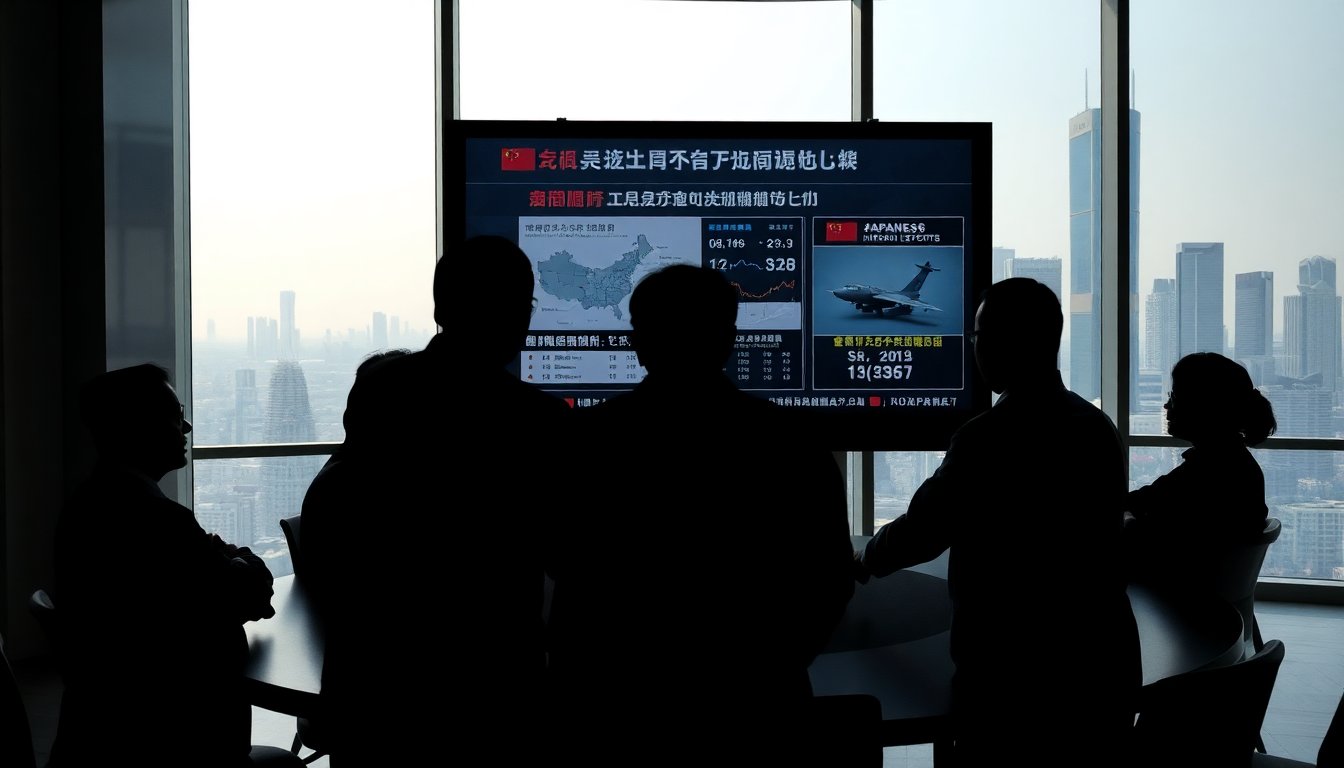Table of Contents
In recent developments, Japan’s decision to export military weapons to the United States has sparked considerable concern among Chinese analysts and media outlets. This move is viewed as a potentially dangerous escalation in military capabilities, particularly at a time when diplomatic relations between Japan and China are strained. Reports surfaced that Japan has transferred domestically manufactured Patriot surface-to-air missile interceptors to the US, which could have significant implications for regional security.
The implications of Japan’s arms exports
Japan’s arms export decision comes amidst ongoing geopolitical tensions, primarily related to military support for Ukraine. The United States is expected to utilize these advanced missile systems to bolster its inventory, particularly in response to the ongoing conflict in Eastern Europe. By supplying these weapons, Japan is not only enhancing its own military capabilities but also aligning more closely with US defense initiatives.
Chinese perspective on military advancements
From the viewpoint of Chinese analysts, this export is perceived as an extremely perilous signal. The ability of Japan to export lethal weaponry indicates a significant shift in its military posture, which historically has been more restrained due to its pacifist constitution. Consequently, this development raises alarms regarding a potential arms race or escalation of military tensions in the Asia-Pacific region.
Details of the military support to Ukraine
According to reports from the US Department of State, a proposed foreign military sale of Patriot missile systems to Ukraine has been approved, amounting to an estimated $105 million. This deal includes various components necessary for the enhancement of Ukraine’s air defense systems. Specifically, the package aims to upgrade the M901 launchers to the more advanced M903 configuration, allowing for increased missile capacity.
Components of the proposed sale
The proposed sale encompasses not only the missile systems but also includes essential ground support equipment, additional services, training, and logistics support necessary to ensure effective integration and operation of the systems. These enhancements will provide Ukraine with the tools needed to strengthen its defense capabilities against current and future threats.
Potential contractors and support roles
Major defense contractors such as RTX Corporation and Lockheed Martin will play pivotal roles in executing this military sale. The implementation of this support will require the deployment of additional personnel from the US government, alongside contractors, to assist with training and operational meetings. This collaborative effort aims to maximize the efficacy of the new systems being introduced into Ukraine’s defense framework.
Conclusion: A shift in military dynamics
As Japan takes significant steps toward enhancing its military exports, particularly to the US, the implications for regional stability cannot be understated. China’s concerns reflect a broader anxiety about evolving military alliances and capabilities in the Asia-Pacific area. The export of lethal weapons by Japan serves as a reminder of the changing dynamics in international relations, where military preparedness and defense cooperation are increasingly critical.


